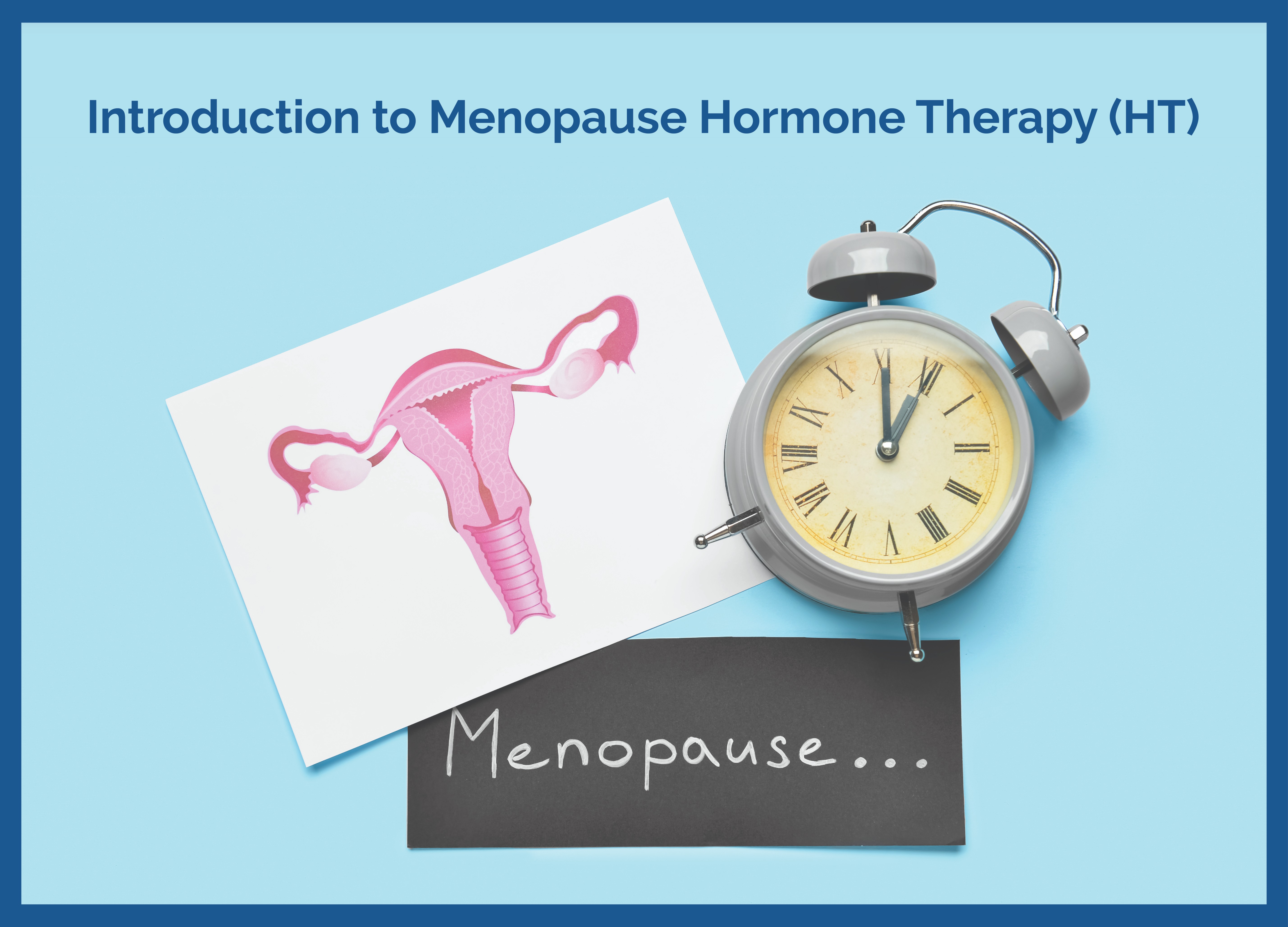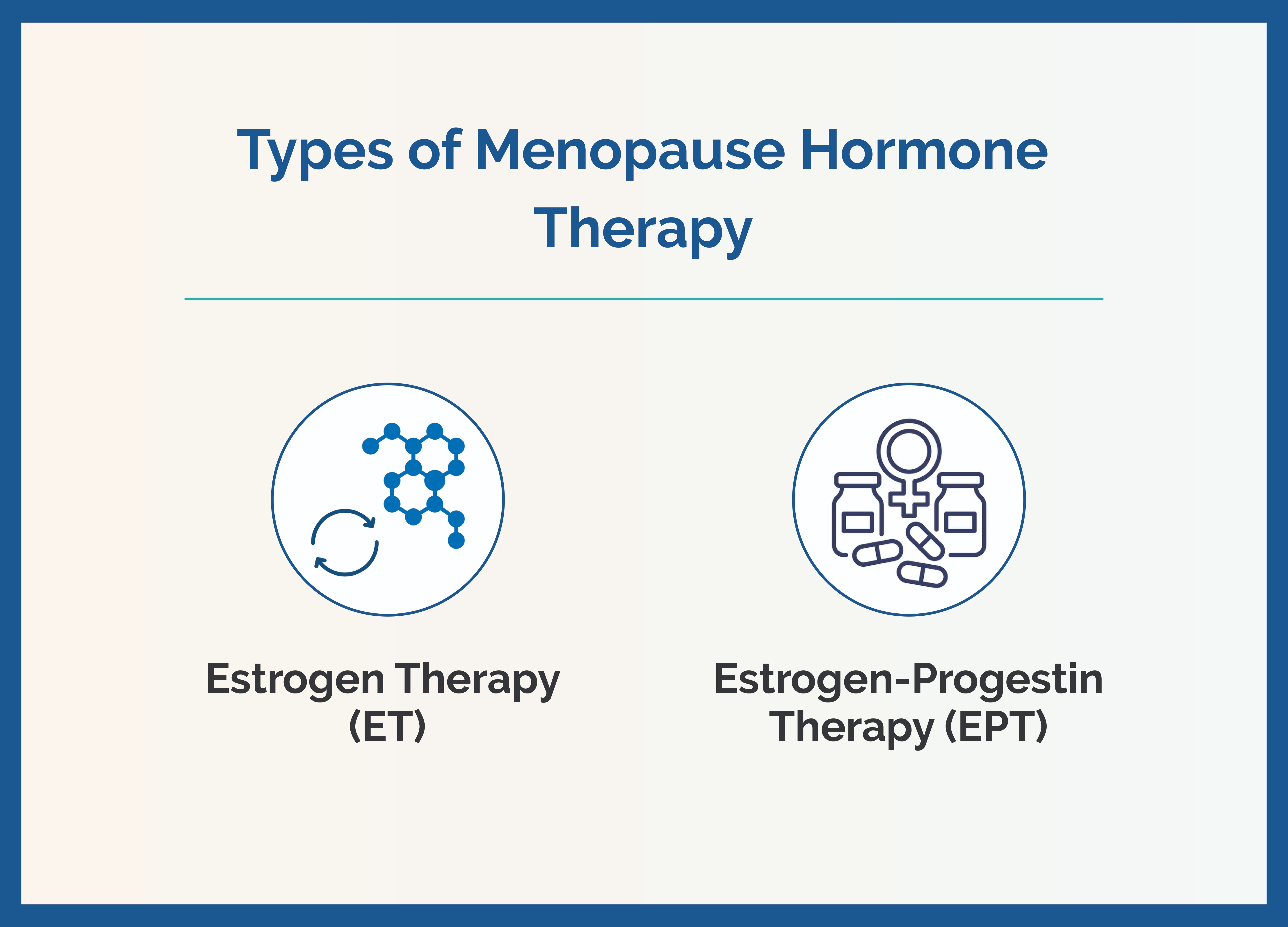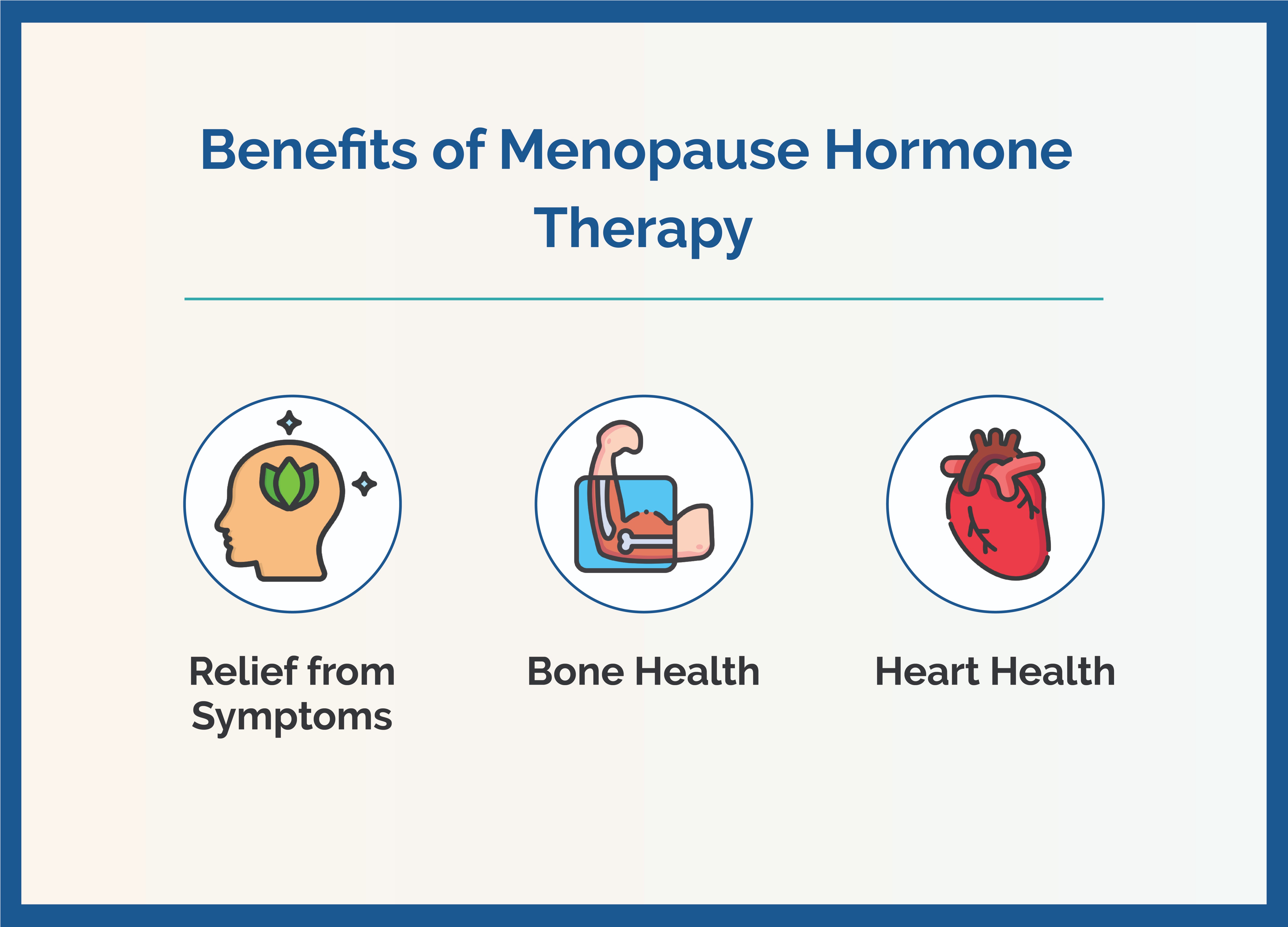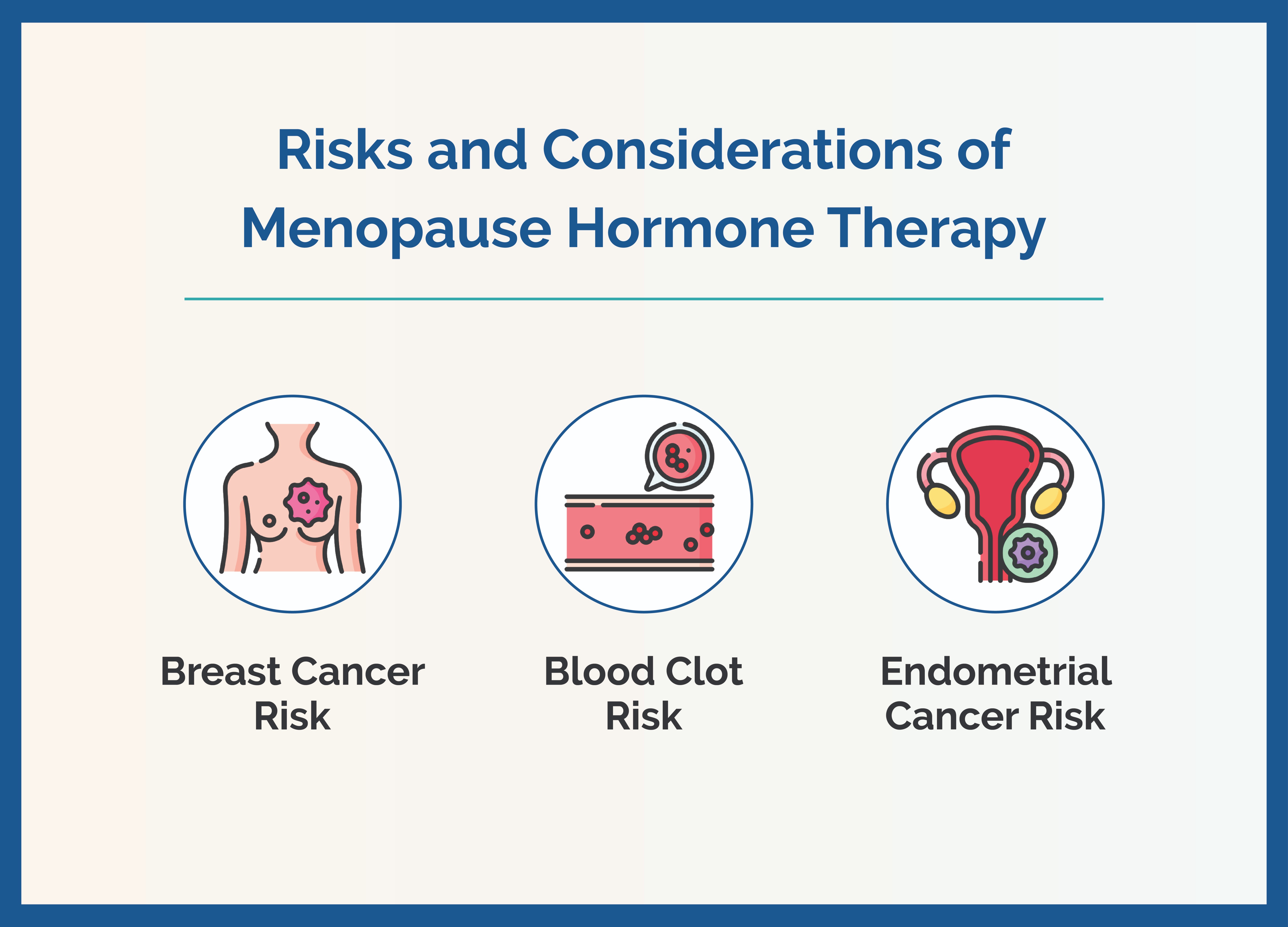FAQs on Menopause Hormone Therapy::
Who is a candidate for Menopause Hormone Therapy?
Menopause HT is typically recommended for women experiencing moderate to severe
menopausal symptoms who are healthy overall and have discussed risks with their doctor.
What are the different forms of Menopause Hormone Therapy?
HT can be administered as pills, patches, creams, gels, or vaginal rings, allowing flexibility based
on individual preferences and medical needs.
How long Menopause Hormone Therapy should be used?
The duration varies. For symptom relief, it's usually recommended for the shortest time needed.
Discuss with your doctor periodically to assess benefits and risks.
What are the side effects of Menopause Hormone Therapy?
Common side effects include bloating, breast tenderness, headaches, and mood changes. More
serious risks include cardiovascular issues and potential cancer risks.
Are there alternatives to Menopause Hormone Therapy?
Yes, alternatives include non-hormonal medications for symptom management, lifestyle
changes, and complementary therapies like acupuncture or cognitive-behavioral therapy.
How does Menopause Hormone Therapy affect bone health?
HT, particularly estrogen therapy, helps maintain bone density, reducing the risk of osteoporosis
and fractures.
Can Menopause Hormone Therapy prevent heart disease?
While early initiation of HT might have cardiovascular benefits for some women, it's not
recommended solely for heart disease prevention due to associated risks.



